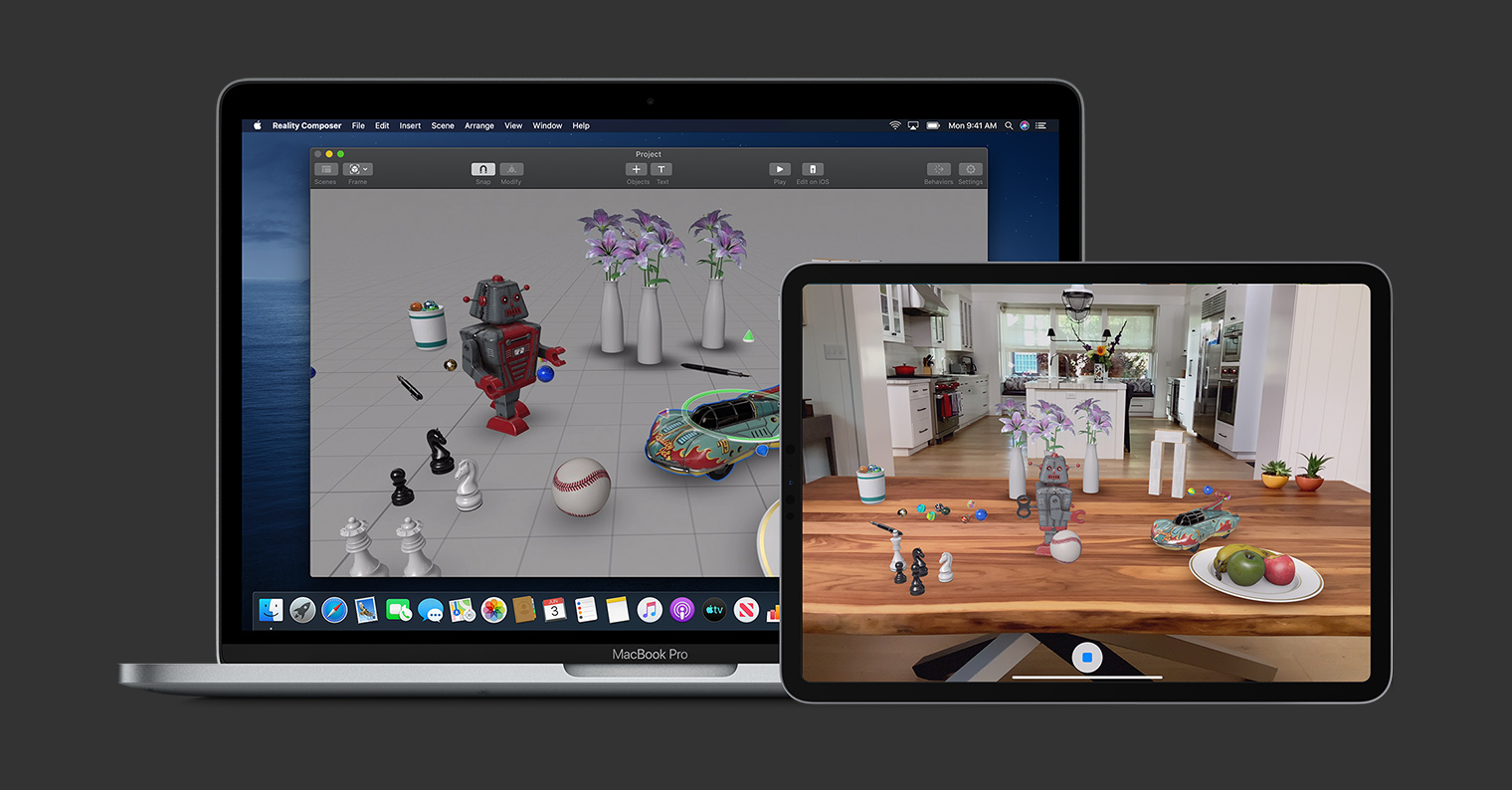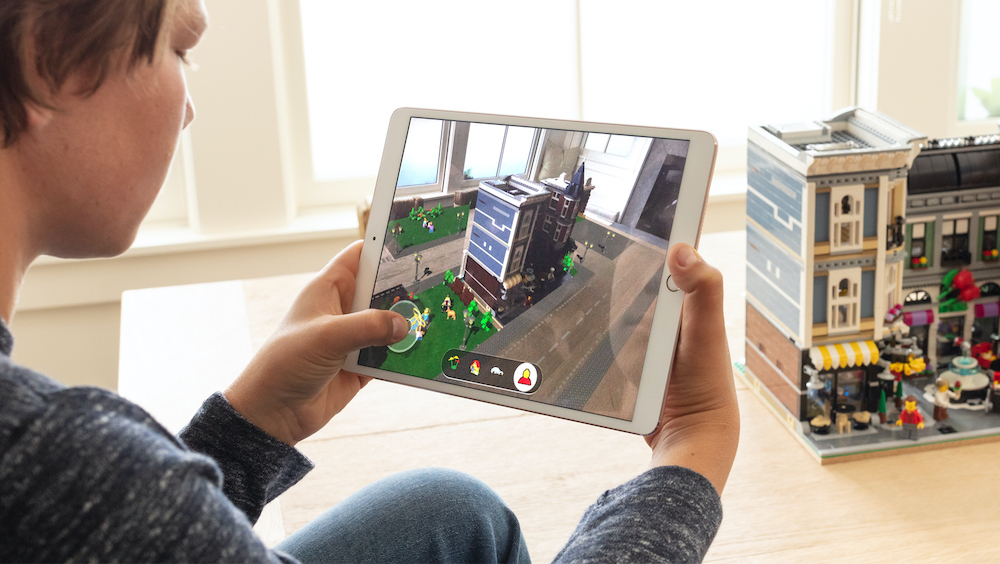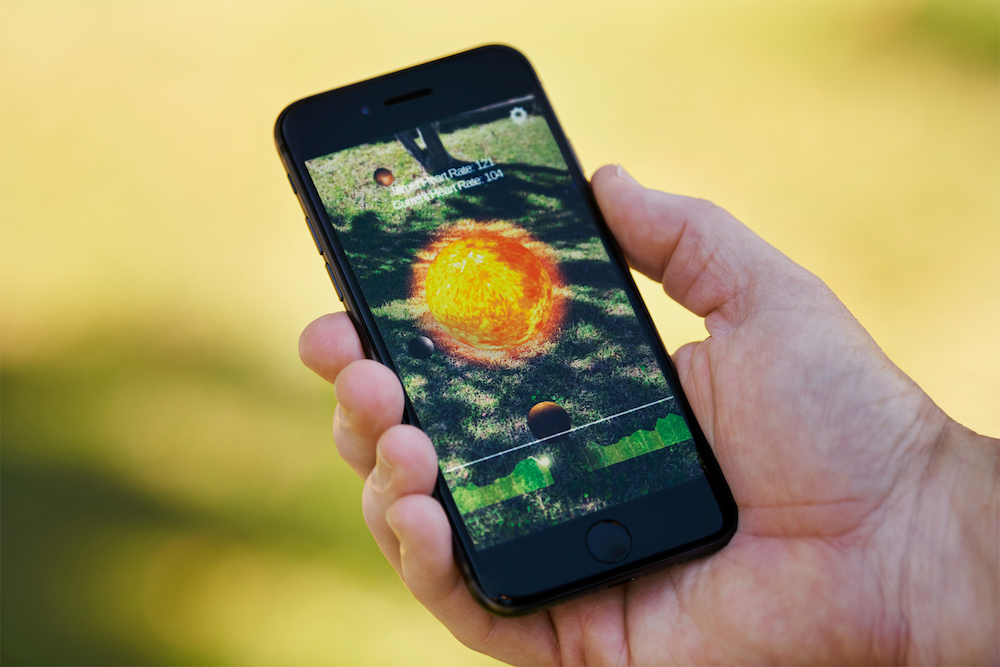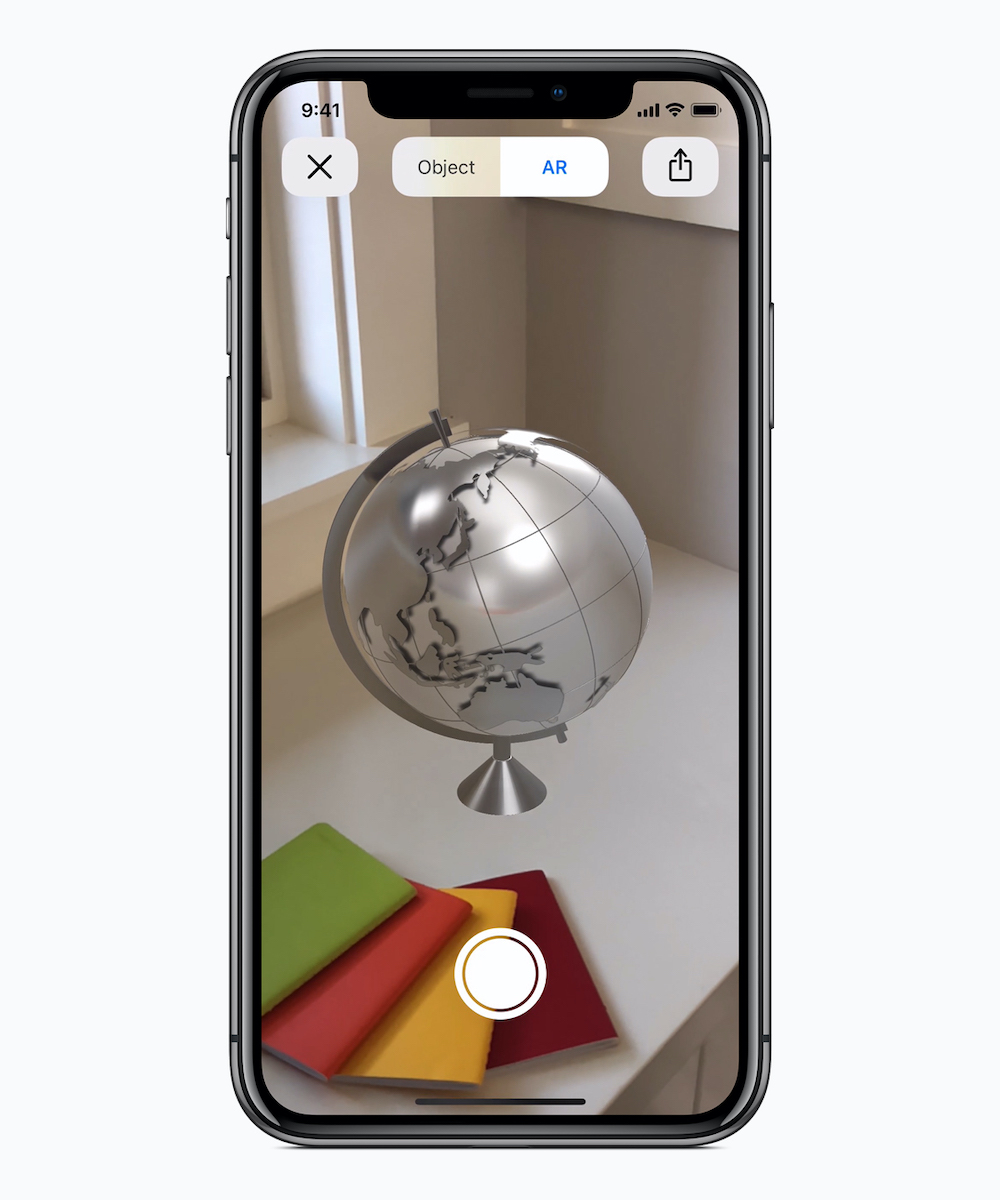Google was the first of the big three giants to start developing mixed reality for mobile devices. The company already presented Glass glasses in 2012, but they never made a dent in the market both because of its high price and because of the controversial use of the camera, because of which even some restaurants or bars have banned visitors wear these glasses. Google therefore announced the end of production in 2015, with Glass returning in a different form in 2017.
It could be interest you
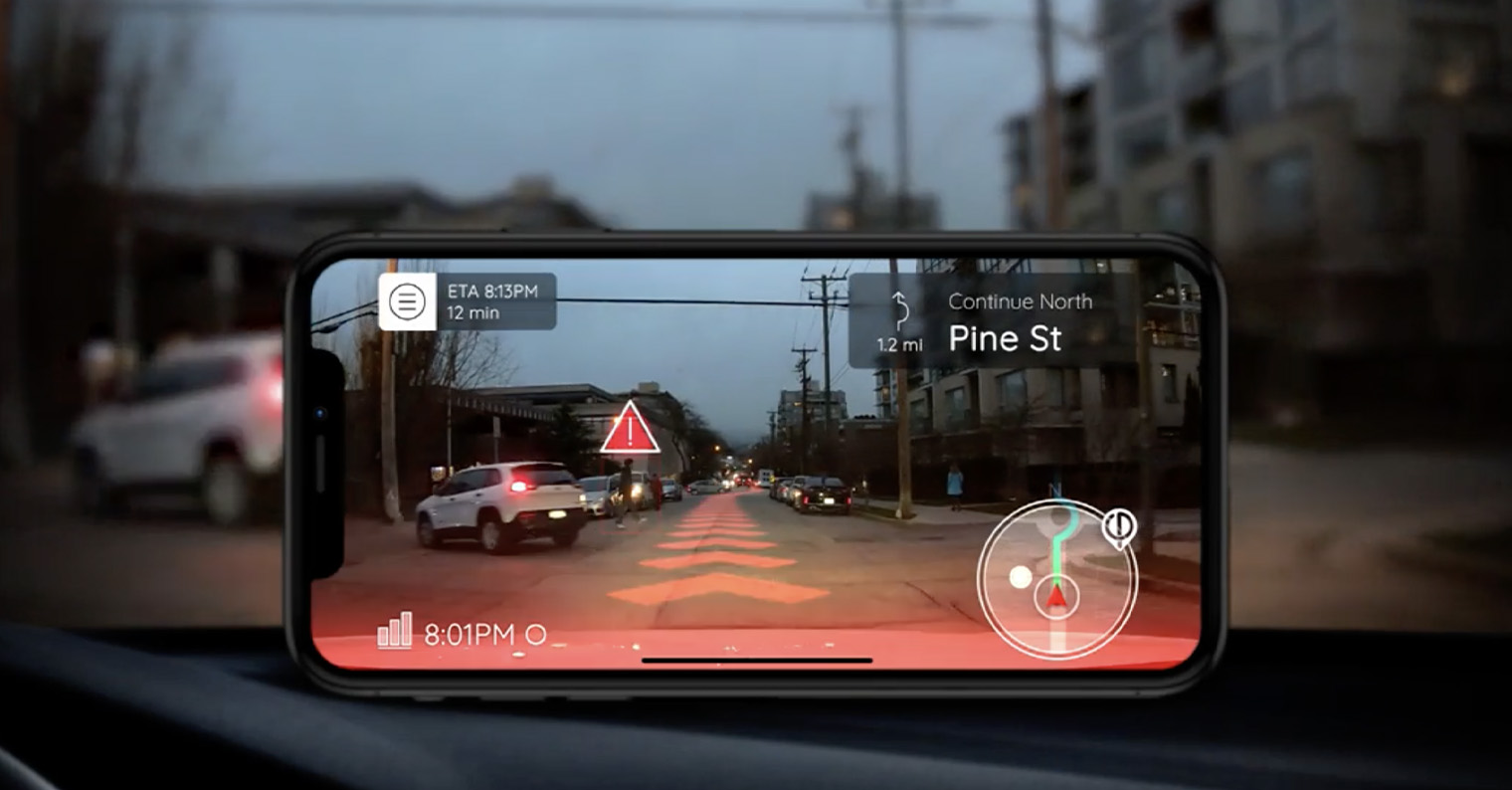
According to former employees, chaos reigned at Google, AR projects were regularly suspended or cancelled, and engineers did not know what to do with the platform. In 2017 extra he has beguny coming to the surface of the first information that Apple is developing its own AR platform, Clay Bavor's team that took over the AR projects at Google, that but he paid no attention and the company continued to chaotically develop its own solution.
Google had Cardboard for the masses and Daydream for premium devices, with the latter was composed from the headset and the software solution. The project was never officially canceled, but the company did announce the end of production, removed Daydream support from the latest Pixels, and according to former employees, no one is working on it anymore. They were also discontinuedy working on the Tango project, which was building on non-existent hardware.
Everything is changed after Apple officially unveiled ARKit at WWDC, an interface ready to be used on tens of millions of iPhones and iPads immediately. Executives at Google's parent company, Alphabet, demanded answers from Bavor as Samsung and other partners wanted to know if they could expect AR in future versions of Android. Already in August of that year so Google released the first beta of ARCore, then the full version half a year later.
Although it is but by ARCore propagatorsYes as the technology behind more than 100 million Android devices, its creators are questioning the direction the Bavor-led project has taken. Many senior team members left to work on other projects or left the company altogether. Among them also Senior Lead Engineer Ryan Cairns and Senior Product Managerer Rahul Prasad – both moved to Facebook.
apple paccording to employees, he made great use of the fact that Google was looking out for his own and with his own ARKit platform he was able to demoralize Google so much that the company that she once was at the forefront of AR/VR development, now significantly behind the competition. However, the problematic development brought certain fruits to Google: Maps support AR navigation, ARCore has been updated and supports overlaying holograms with real objects.
